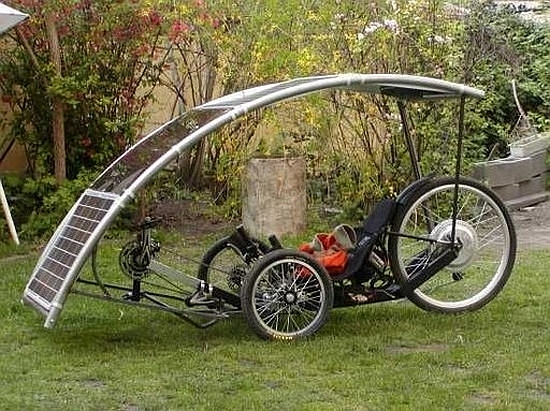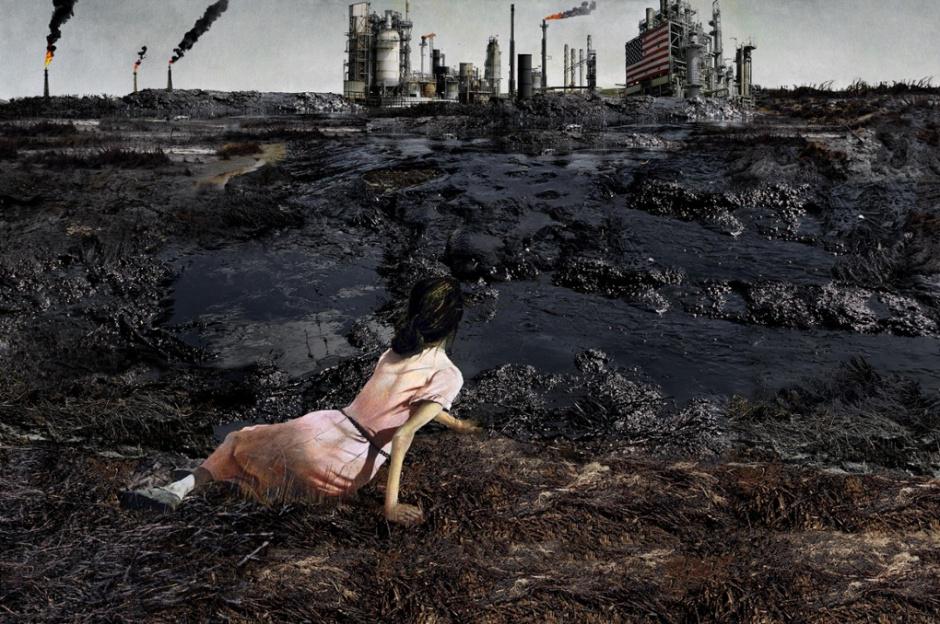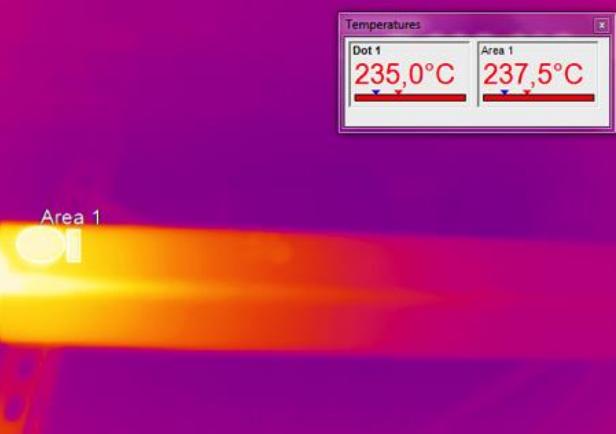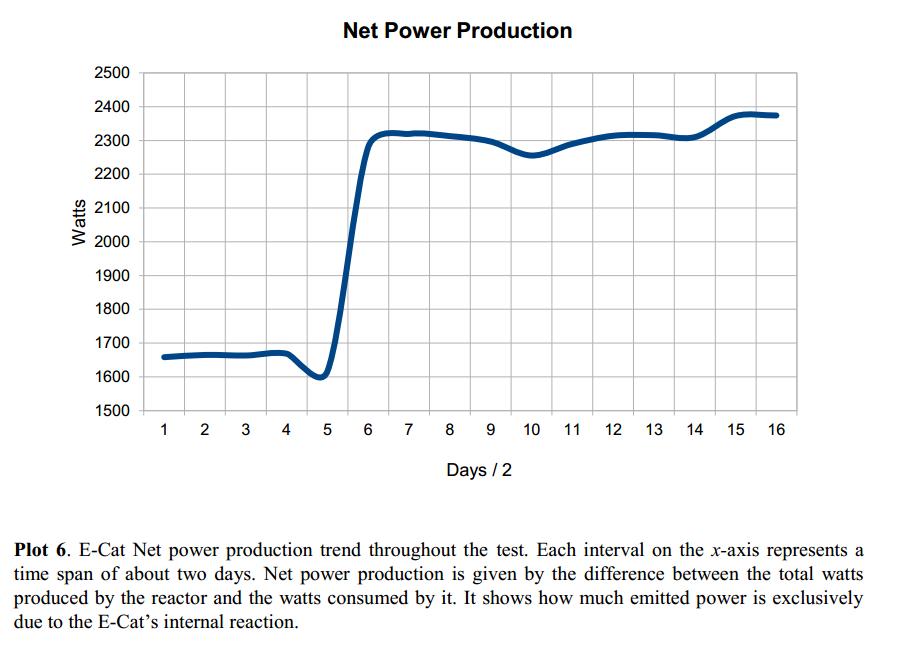ProSun is an organization with as its goals:
- Solar for Europe’s Future – Increasing the share of solar and renewable energy.
- Sustainable Solar – Solar products should be manufactured using the highest environmental and labour standards, embracing new technologies and supporting local communities.
- Healthy Competition – Undistorted competition as the motor of innovation and affordability over the long term.
It is not surprising then (irony) that this organization is doing the exact opposite. It is lobbying for import tariffs in Europe, export levies in China so that prices of solar match those of the US. It is doing great damage to the introduction of solar in Europe, and the solar industry.
Update : According to a large dutch distributor ProSun is only supported by SolarWorld, not by the PV industry of Europe. The mother company Solar World sells german solar panels in the US, so is 1. not affected and 2. gets a high price for its panels
A couple of years back taxes/levies where introduced to slow down imports from China. Chinese prices where viewed as dumping because China did not participate in the WTO that determines fair prices, because China was not a member of the international trade organizations that do so. For that reason their cheap prices where deemed dumping.
US protectionism hits EU solar imports
By sharing the benefits of taxing the imports between Europe and China, so half of the extra cost to whomever wants buy solar panels was born by Chinese manufacturers, half was born by European importers, benefiting Chinese and European governments, the tax was introduced. As most of import/export is not related to solar panels it was an easy win, with actual benefits for banks, the fossil fuel sector in both regions.
Now solar panel manufacturers are trying to find ways to import through other countries, of course manufacturing could also move to other countries or develop in those countries (but Taiwan or Vietnam etc. don’t have acces to coal as cheaply as China so prices would be higher).
“EU ProSun welcomes anti-circumvention investigation against solar PV imports from Taiwan and Malaysia”
Who is going after them? ProSun! Why? It has ‘undistorted competition’ as its goal, doesn’t that mean no trade barriers?
EU ProSun President Nitzschke:
“Chinese solar manufacturers circumvent the EU’s anti-dumping measures by first exporting to third countries like Malaysia and Taiwan before they are imported into the EU, thereby falsifying their genuine origin,” comments Milan Nitzschke, President of EU ProSun. “Such circumvention is customs fraud and must be stopped.”
Who the fuck is this Nitzschke and how the fuck is he going to ‘Increasing the share of solar and renewable energy.’ by increasing the price of solar. Let countries dump solar panels in Europe. We need them badly.
Some may talk about a ‘level playing field’ in international trade. The dollar being the mandatory currency to trade many commodities already skews this playing field seriously in the direction of the US, the country that can print arbitrary amounts of dollars at will. This means most resources on Earth are easy to buy for the US, but hard for anybody else without first handing over their own currencies to a bank loyal to the petro-dollar.
In general money is carboncredit, it has value because we, or the manufacturer of the goods and services we buy can buy fossil fuels with it. This is the most important reason why renewables are fought, they reduce the need for carboncredit, they weaken the power of banks who supply us with carboncredit and reduce cashflows that generate income for the financial sector.
Only more renewables will bring about the renewable future
In global trade there are enough non-renewable companies that would like a piece of the carboncredit alloted to renewables in order for them to drive action against renewables. It all stems from the fact companies compete for these fossil resources, because their supply is limited, exactly the reason why we should move to renewbles.

















